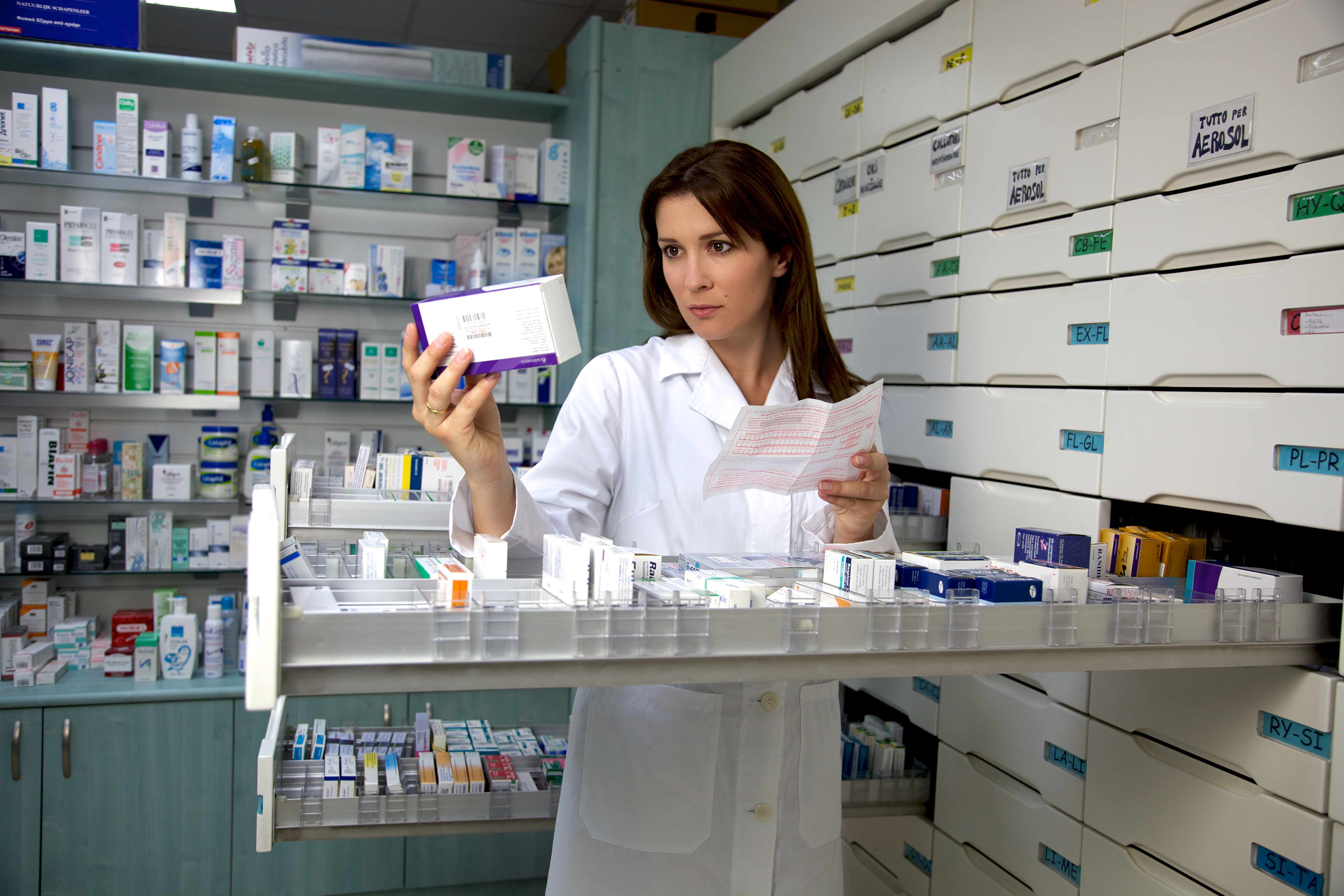
Misconception: Generic medicines do not have the same quality and performance as branded medicines.
FACT: Regulatory agencies such as the Food and Drug Administration (FDA) require generic medicines to have the same quality and performance as branded medicines.
When a generic drug product is approved, it has met rigorous standards established by the FDA with respect to identity, strength, quality, purity, and potency.
Generic medicines are required to have the same active ingredient, strength, dosage form, and route of administration as the brand name product. Generic medicines do not need to contain the same inactive ingredients as the brand name product.
The generics manufacturer must prove its medicine is the same as (bioequivalent) the brand name medicine. For example, after the patient takes the generic drug, the amount of drug in the bloodstream is measured. If the levels of the generic medicine in the bloodstream are the same as the levels found when the brand name product is used, the generic medicine will work the same. Through review of bioequivalence data, FDA ensures that the generic product performs the same as its respective brand name product. This standard applies to all generic medicines.
All generic manufacturing, packaging, and testing sites must pass the same quality standards as those of brand name medicines, and the generic products must meet the same exacting specifications as any brand name product. In fact, many generic drugs are made in the same manufacturing plants as brand name drug products.
Misconception: Because they are cheaper than branded medicines, generic medicines are inferior in quality.
FACT: Cheaper does not mean lower quality.
Generic manufacturers are able to sell their products for lower prices because they are not required to repeat the costly clinical trials of new drugs and generally do not pay for costly advertising, marketing, and promotion. In addition, multiple generic companies are often approved to market a single product; this creates competition in the market place, often resulting in lower prices.
Misconception: There are no studies to prove that generic medicines have the same efficacy as branded medicines.
FACT: Research shows that generics work just as well as brand name medicines.
A study evaluated the results of 38 published clinical trials that compared cardiovascular generic medicines to their brand name counterparts. The study found no evidence that brand name heart medicines worked any better than generic heart medicines.
Misconception: Adverse effects of generic medicines are not reported and investigated, so there is no way to monitor their safety and tolerability.
FACT: Regulatory agencies such as the FDA monitor adverse events reports for generic medicines.
The monitoring of adverse events for all medicines, including generics, is one aspect of the overall effort of regulatory agencies worldwide to evaluate the safety of medicines after approval. Many times, reports of adverse events describe a known reaction to the medicine’s active ingredient.
Reports are monitored and investigated, when appropriate. The investigations may lead to changes in how branded medicines and their generic counterparts are used or manufactured.
Misconception: Generics manufacturers “cheat” by producing generic medicines even before the branded innovator goes off patent.
FACT: Generic pharmaceutical companies respect brand-name patents, until those patents legally expire.
International laws recognize that patents for innovator medicines generally last for 20 years. Brand-name manufacturers price their products higher to recoup their research investment during this monopoly period.
Generics manufacturers are bound by the law to respect the patents for innovator medicines. Once the patent-protected monopoly is over, however, pharmaceutical companies are free to manufacture and market generic versions of innovator brands.
While brand-name pharmaceuticals certainly play an important role in driving innovative new therapies, generic equivalents are equally vital to the healthcare system. Generic medicines deliver significant cost savings and improve patients’ access to proven, trusted medicines. Generic medicines create healthy competition for brand-name medicines that improves accessibility to medicines, saves money and stimulates innovation.
-Medical Observer
Cerebrovascular diseases, which include stroke or brain attack, are the third leading cause of death in the country in 2022 […]
Blood pressure (BP) is the pressure exerted by the blood as it pushes against the walls of our arteries, which […]
Overweight and obesity are defined as abnormal or excessive fat accumulation that presents a risk to health. A body mass […]